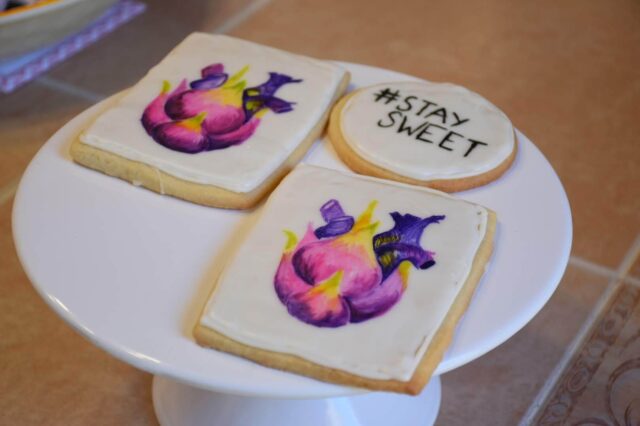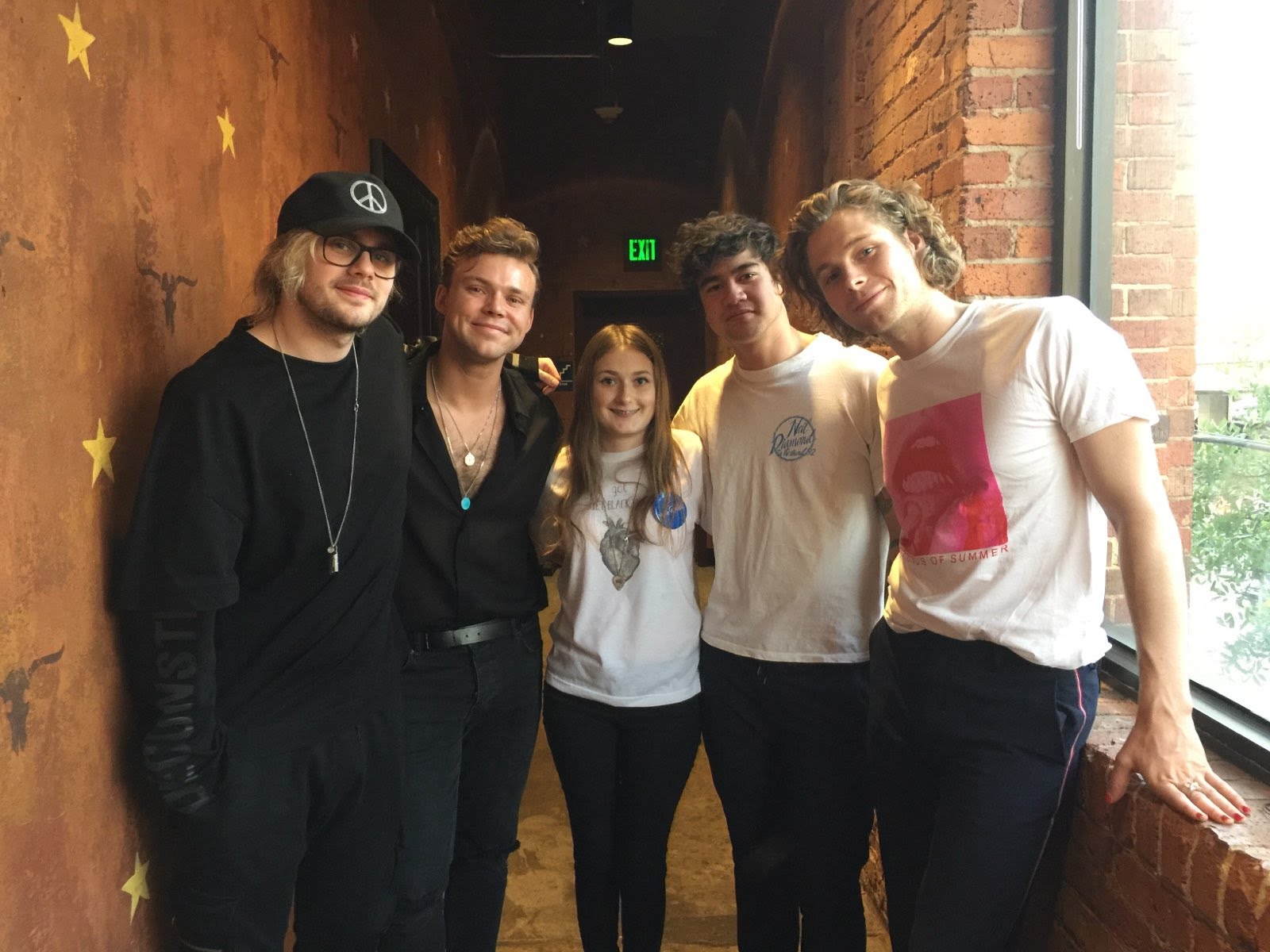Living With Gastroparesis

When Melanie Dickens was 10 years old, she fell off a pair of stilts and injured her left leg. The injury triggered complex regional pain syndrome and led to complications by revealing underlying issues with her autonomic nervous system from her genetic mutations — which are still poorly understood.
When she was 11, Melanie started experiencing stomach pains and was having trouble keeping food and water down. Even pretzel sticks were out of the question.
A gastric emptying test revealed that Melanie had gastroparesis, a condition where the stomach’s ability to move and function is impaired, causing severe nausea, vomiting, bloating and intense pain. This condition is linked to her dysautonomia, in which the nerves that regulate her nonvoluntary body functions — such as heart rate, blood pressure and sweating — do not function properly. For six years, she relied on nasal feeding tubes. Melanie’s condition is rare, and UF Health Shands Children’s Hospital is the only children’s hospital in Florida able to treat the combination of conditions that affect her.
At the hospital, chief of pediatric surgery Saleem Islam, M.D., M.P.H., implanted a gastric stimulator in her abdomen. With the help of nutritionist Daniel Stewart, R.D., and chief of pediatric gastroenterology Christopher Jolley, M.D., an associate professor in the UF College of Medicine’s division of pediatric gastroenterology, hepatology and nutrition, Islam decided that a permanent tube would be much more helpful for Melanie, especially when her condition flares.
Despite seeing more than 1,000 patients a year, Islam, a professor of surgery and pediatrics in the UF College of Medicine, develops bonds with all of his patients that go beyond just their diagnoses. He and Melanie now share inside jokes, and together they give her stuffed animals fake gastronomy tubes to match her own.
She continues to travel from Melbourne, Florida to see Islam for treatment about every five months, and, on a good day, consumes 500 calories by mouth.
“We have such a good relationship,” said Islam. “The fact that she still wants to travel this distance for care says a lot about her relationship with the institution, as well.”
Even though gastroparesis is currently incurable, Melanie has been able to live a more comfortable life with her condition. She credits much of this to her treatment at UF Health and the care of Islam.
“From the start, Dr. Islam was always joking around with me,” Melanie said. “One time I was just about to fade out before a procedure, and I had Winnie the Pooh stuff with me. He asked if I knew the theme song, and I apparently sang it through the entire procedure.”
Melanie routinely has to get her devices replaced, including her gastro-jejunal tube to help absorb nutrients and her tunneled central venous line to combat another condition she faces — postural orthostatic tachycardia syndrome — again related to the autonomic nervous system.

Now 19 years old and in her second year at Eastern Florida State College, Melanie is managing her life around her situation. Despite undergoing many procedures, the longest she has had to spend in the hospital was a week and a half. Even during the hardest parts, she was still able to keep up with her classes online and even attend half-days in person.
She found music to be a great distraction and frequently attends concerts of her favorite bands — 5 Seconds of Summer, Night Ranger and Blue October. She also loves to draw and bake for her parents. She has even found a way to combine these two passions by painting onto sugar cookies using food dye and water.
“My experiences at UF Health have been amazing,” Melanie said. “Everyone I’ve encountered when I’ve had my procedures was so awesome and friendly.”
About the author
